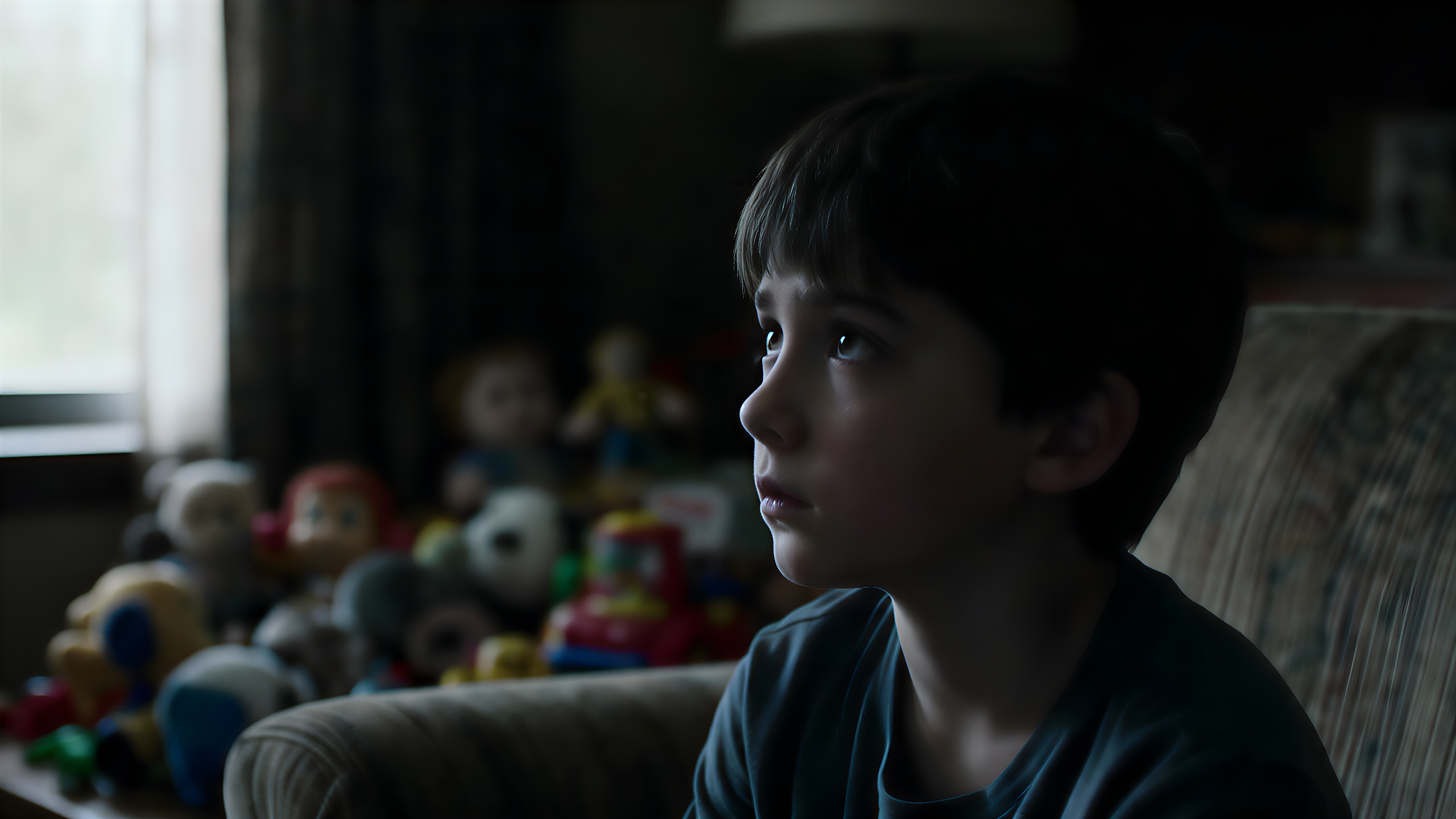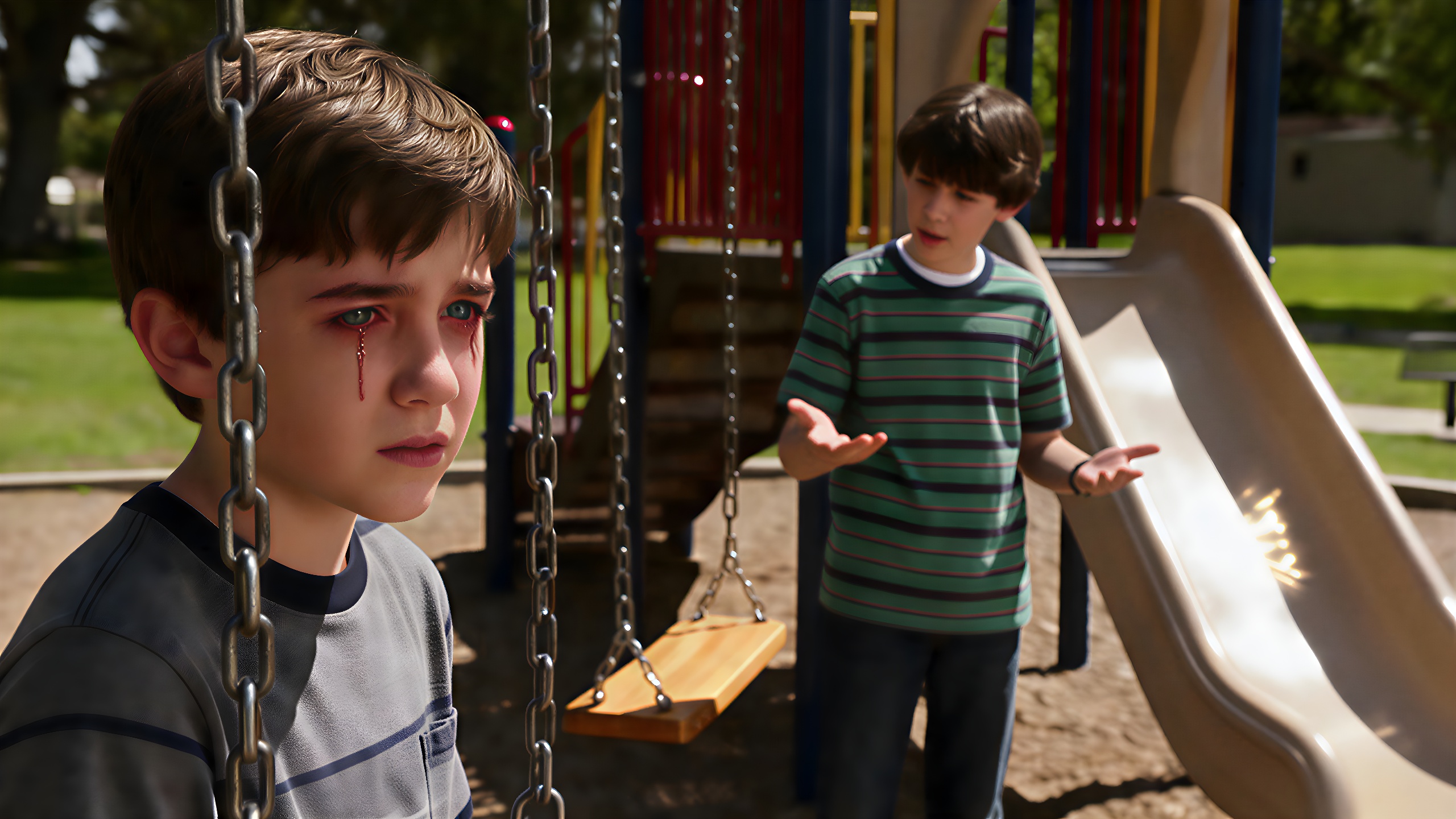How toxic parental habits burden children's lives

Parenting can be one of the most challenging yet fulfilling tasks in life. However, unconscious toxic habits are often developed that can impact children's emotional health. In this article, you will learn about behaviors that may be harmful and how to build a healthy relationship with your children.
Each of us wants the best for our children, yet sometimes good intentions can lead to toxic parenting. It is important to become aware of one's behaviors and recognize which negative patterns can be passed down through generations. Toxic habits often lead to feelings of worthlessness or fear of failure in children. Let's take a closer look at some of the most common toxic habits.
Excessive pressure and perfection demands
One of the most common mistakes parents make is the pressure they place on their children. Often, children are expected to perform perfectly in school, sports, or other activities. The belief that achievement is the only way to gain recognition or love can lead to immense stress. Children who are constantly under pressure often develop anxiety or low self-esteem. It is essential to focus on learning and personal development rather than flawless results. Mistakes are opportunities for growth and should not be punished.

Supporting children at their own pace and recognizing their individual strengths is crucial. This means encouraging them in their interests, even when they fall outside of parental expectations. This not only fosters self-confidence but also a healthy relationship with what they do. Parents should learn to set aside their own expectations and instead create a space where their children feel comfortable and safe to be themselves.
Emotional neglect
Emotional neglect often happens unconsciously. Parents are often so busy coping with their own lives that they overlook their children's emotional needs. Children need emotional support to grow up healthy. They need parents who listen and care about their feelings. When parents do not pay enough attention or take their children's emotions seriously, children may develop a sense of isolation.

To avoid emotional neglect, it is important to spend regular time with children, actively listen, respect their opinions, and show them that their feelings matter. The greatest gift you can give your child is an open ear and a heart full of understanding. Encourage them to talk about their feelings and let them know that it is okay to feel weak or vulnerable.
Criticism and negative comparisons
Constant criticism or negative comparisons with other children can severely damage your child's self-esteem. When children are continuously compared to their peers, they often feel pressured to be someone they are not. Such comparisons can undermine self-confidence and leave emotional scars that are hard to heal. Critical comments can become an inner dialogue that stays with the child for a lifetime.

Instead of making negative comparisons, it is more helpful to emphasize the uniqueness of each child. Look at your child's strengths and celebrate them. Rather than saying, 'Why can't you be as good as your classmate?', you could say, 'I am proud of you for str X, that is a remarkable achievement!' Promoting positivity is crucial for building a healthy self-esteem.
By stopping the criticism of your children and celebrating their successes, no matter how small, you create an atmosphere of trust and support. The children know they are loved, regardless of how well or poorly they perform. This, in turn, motivates them to do their best and not be discouraged by failures.
It is important to recognize that parenting is not a clear path. Everyone makes mistakes, and that's okay. What matters is the willingness to learn and grow. You can identify the toxic habits mentioned above and work on changing them. By becoming more mindful of your behavior, you pave the way for a healthy, respectful, and loving relationship with your children.
An important realization is that it is never too late to change. If you recognize that you have developed toxic habits in the past, you can address those mistakes and seek to make amends. Children are often very forgiving as long as they feel you are sincere. An honest acknowledgment of your behavior and the effort to change can make a difference for your child.
By reflecting on yourself and having honest conversations with your child, you build trust. Your child will appreciate that you are aware of your own mistakes and are willing to work on them. This kind of role model will inspire them to develop the same attitudes and behaviors.
In summary, it is important to become aware of the toxic habits you may be applying unconsciously. The goal is to prioritize your children's emotional well-being and foster healthy communication. By working on yourself, you provide your children with the best opportunities for happy, healthy development and a loving relationship.
Remember that the parenting journey is a continuous process of learning and growth. The skills you acquire to recognize and shed toxic habits will benefit not only your children but also you and your entire family. Ultimately, cultivating more mindfulness in parenting leads to a more fulfilling and harmonious family life.
Remember that you are never alone on this journey. There are many resources, support systems, and communities that can help you grow and thrive as a parent. Take the time to learn, develop, and be the best version of yourself for your children, as this is crucial for their healthy development. Together, you can make the most of your time and relationships as a family.


